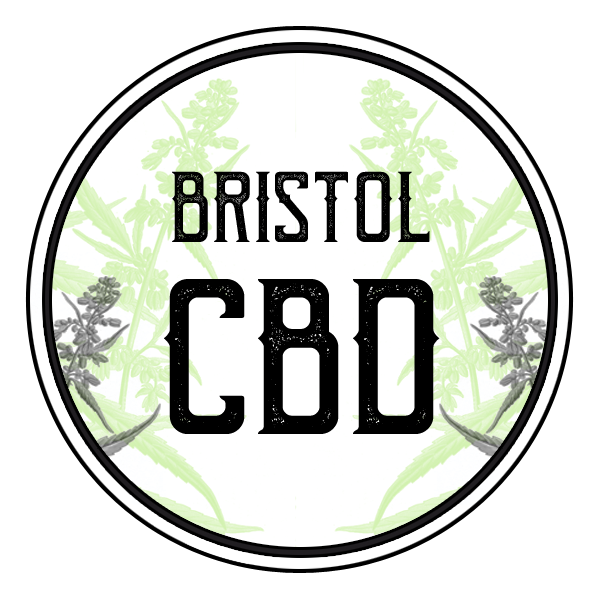Post-Traumatic Stress Disorder (PTSD) is a mental health condition that can develop after experiencing or witnessing a traumatic event, such as combat, assault, accidents, or natural disasters. For those living with PTSD, symptoms like intrusive memories, hyperarousal, and emotional numbness can make daily life challenging. As interest in alternative and complementary therapies grows, many are turning to cannabidiol (CBD) to help manage PTSD symptoms. In this blog, we’ll explore what PTSD is, how CBD works, what the research says about CBD and PTSD, and what to consider if you’re thinking about trying it.
What is PTSD?
PTSD is a psychiatric disorder that affects approximately 6% of the U.S. population at some point in their lives, according to the National Institute of Mental Health (NIMH). It can manifest through a range of symptoms, including:
- Intrusive Memories: Flashbacks, nightmares, or unwanted thoughts about the traumatic event.
- Avoidance: Steering clear of reminders of the trauma, such as places, people, or conversations.
- Hyperarousal: Feeling constantly on edge, irritable, or having difficulty sleeping.
- Negative Mood Changes: Emotional numbness, guilt, shame, or loss of interest in activities once enjoyed.
Traditional treatments for PTSD include psychotherapy (like cognitive behavioral therapy or eye movement desensitization and reprocessing), medications (such as SSRIs), and lifestyle changes. However, these approaches don’t work for everyone, and some individuals experience side effects from medications, leading them to explore alternatives like CBD.
What is CBD?
CBD is a non-psychoactive compound derived from the cannabis plant, meaning it doesn’t produce the “high” associated with THC (tetrahydrocannabinol). It interacts with the body’s endocannabinoid system (ECS), a network of receptors that regulates functions like mood, stress response, sleep, and memory—all of which are disrupted in PTSD. CBD may also influence serotonin receptors, which play a key role in mood and anxiety regulation.
Available in forms like oils, capsules, edibles, and topicals, CBD offers flexibility for users. Its legal status varies by region, so it’s important to check local laws before purchasing or using it.
CBD and PTSD: What Does the Science Say?
Research on CBD and PTSD is still in its early stages, but preliminary studies and preclinical findings suggest it may help alleviate some symptoms. Here’s what we know so far:
- Reducing Anxiety and Fear Responses: PTSD often involves heightened anxiety and fear responses, particularly during flashbacks or nightmares. A 2019 study in Journal of Alternative and Complementary Medicine found that CBD, when used alongside traditional therapy, reduced PTSD symptoms in a small group of patients, with 91% experiencing a decrease in symptom severity after eight weeks. Visit Journal of Alternative and Complementary Medicine.
- Improving Sleep: Nightmares and insomnia are common in PTSD, disrupting sleep and worsening other symptoms. A 2016 case report in The Permanente Journal observed that CBD helped a young girl with PTSD-related nightmares sleep better, reducing the frequency of her night terrors. Visit The Permanente Journal.
- Modulating Stress and Emotional Memory: CBD may help by dampening the brain’s response to stress and reducing the intensity of traumatic memories. A 2015 review in Neurotherapeutics highlighted CBD’s potential to reduce fear-related behaviors in animal models, suggesting it could help with the hyperarousal and intrusive memories seen in PTSD. Visit Neurotherapeutics.
- Anti-Anxiety Effects: Since anxiety is a core component of PTSD, CBD’s anxiolytic properties are relevant. A 2019 study in The Permanente Journal (also mentioned above) noted that 79% of participants using CBD for anxiety saw improvements within a month, which could benefit those with PTSD-related anxiety.
While these findings are promising, most studies are small-scale or preclinical, and larger, controlled human trials are needed to confirm CBD’s efficacy for PTSD. Additionally, individual responses to CBD can vary based on factors like dosage, delivery method, and the severity of symptoms.
CBD and PTSD Anecdotal Evidence and User Experiences
Beyond research, many people with PTSD share positive experiences with CBD in online communities and forums. For example, a 2025 X post from a veteran with PTSD described how CBD oil helped them feel less “on edge” during the day and reduced the intensity of their nightmares, allowing them to sleep more restfully. Others report that CBD helps them manage social anxiety or feel more present in daily activities without the emotional numbness often associated with PTSD.
However, not everyone experiences the same benefits. Some users note that finding the right dose can be tricky, and a few report mild side effects like drowsiness or dry mouth. These anecdotes underscore the importance of a personalized approach. For those interested in trying CBD, products like Bristol CBD’s 5% Whole Plant CBD Oil are often recommended for their quality and potential to support relaxation, though results can vary.
Things to Consider Before Trying CBD for PTSD
If you’re thinking about using CBD to manage PTSD symptoms, here are some key considerations:
- Consult a Healthcare Provider: PTSD is a complex condition, and CBD may interact with medications like antidepressants or anti-anxiety drugs commonly prescribed for PTSD. A doctor or therapist can help you assess whether CBD is a safe option for you.
- Start with a Low Dose: Begin with a small dose and gradually increase it, monitoring how your body responds. This can help minimize side effects and find the right amount for your needs.
- Choose High-Quality Products: Look for CBD products that are third-party tested, with clear labeling about CBD content and no harmful additives.
- Be Aware of Legalities: CBD’s legal status varies by region, so ensure it’s permitted where you live.
- Manage Expectations: CBD is not a cure for PTSD and may not work for everyone. It’s best used as a complementary approach alongside therapy and other treatments.
The Future of CBD and PTSD
The potential of CBD for PTSD is an exciting area of research, but we’re still in the early stages of understanding its full impact. Ongoing studies are exploring how CBD might be integrated into PTSD treatment plans, particularly for those who don’t respond well to conventional therapies. As more clinical trials emerge, we’ll gain a clearer picture of its efficacy, optimal dosing, and long-term effects.
Final Thoughts
Living with PTSD can be incredibly challenging, and finding effective ways to manage symptoms is a deeply personal journey. While CBD isn’t a replacement for professional treatment, its potential to reduce anxiety, improve sleep, and modulate stress responses makes it a promising complementary option for some. By approaching CBD with caution, consulting professionals, and staying informed, you can decide if it’s worth exploring as part of your path to healing.
Have you or someone you know used CBD for PTSD? Share your experiences—we’d love to hear your story!






